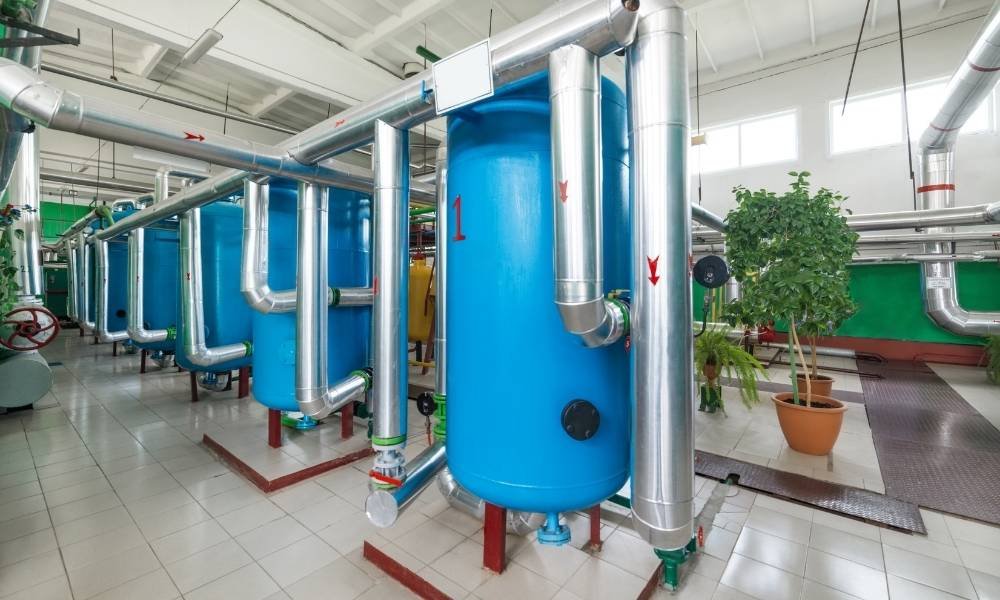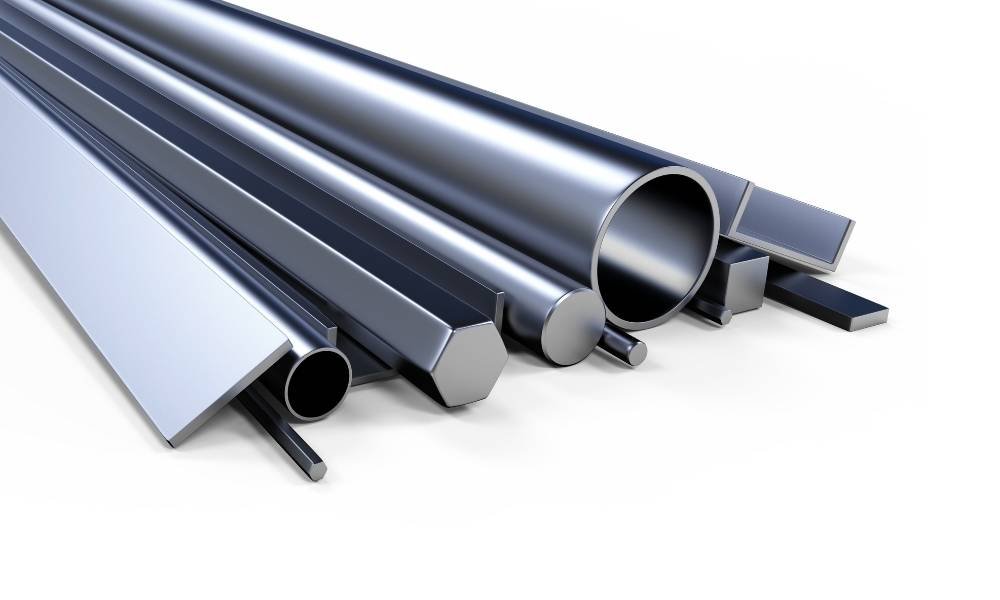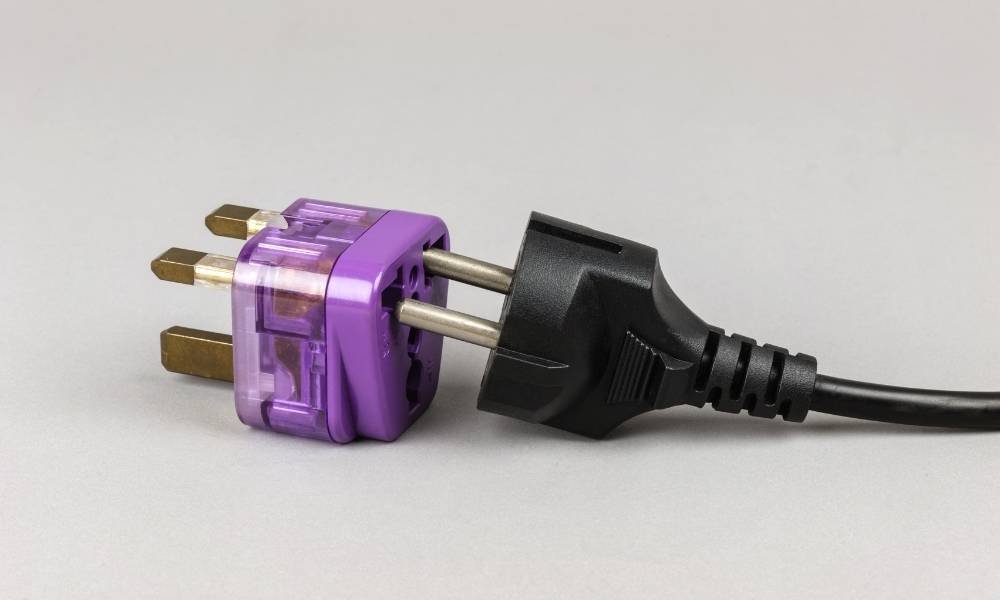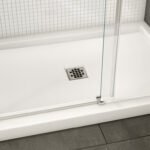Last updated on February 20th, 2024 at 03:48 am
If you’re like most people, you depend on your water heater to keep your family warm during the winter. But like any other mechanical device, your water heater can start to show its age and require regular maintenance to stay in operation. Here are some tips to help keep your water heater in good shape and also help to prevent water damage.
1. Regularly Inspect
Water heaters are a necessary appliance in any home, but they can also be one of the most dangerous. That’s why it’s important to have a regular inspection and maintenance schedule for your water heater.
One simple way to inspect your water heater is to look for any leaks coming from the tank. If you do find a leak, be sure to have it fixed as soon as possible to avoid further damage.
You should also check the temperature and pressure relief valve to make sure they are working properly. Another important part of water heater maintenance is keeping the tank clean.
Sediment can build up over time and decrease the efficiency of your water heater. You can clean the tank by flushing it with a garden hose every few months.
2. Flush Yearly
They provide hot water for baths, showers, dishwashing, and laundry. However, they can also be a major source of expense if not properly maintained. One of the simplest ways to keep your water heater running efficiently is to flush it yearly.
Flushing the water heater is a process of removing sediment that has built up over time at the bottom of the tank. This sediment can cause the water heater to run less efficiently and can even lead to a breakdown.
To flush your water heater, first, turn off the power to it at the breaker box. Then, close both valves on the top of the tank. Open a hot water faucet somewhere in the house and allow all of the cold water to run out of the tank until only hot water comes out.
3. Insulate Tank

Did you know that water heaters account for almost 20% of the energy used in a typical home? That’s a lot of energy, and it can add up to a lot of money over the life of your heater. One way to help reduce your water heating costs is to properly insulate your tank.
Insulating your tank is a simple process that can be done by anyone. All you need is some insulation material and some zip ties. The insulation material can be anything from fiberglass batting to foam board. Cut the insulation to fit around the tank, then secure it in place with zip ties.
Not only will insulating your tank help you save money on your energy bill, but it will also help keep your water heater running safely and efficiently. So if you’re not already insulating your tank, now is the time to start!
4. Lower Temperature
Water heater maintenance is important to ensure the longevity of your water heater and to keep it running at peak efficiency. One way to maintain your water heater is to lower the temperature setting.
Many people do not know that they can lower the temperature of their water heater, and as a result, their water heaters are running at a higher temperature than necessary.
Lowering the temperature of your water heater can save you money on your energy bill, and it can also help to prolong the life of your water heater. The American Society of Heating, Refrigerating, and Air Conditioning.
Engineers (ASHRAE) recommend setting the thermostat on your water heater to 120 degrees Fahrenheit. This will provide enough hot water for most needs without running the risk of scalding.
5. Test Temperature Pressure Relief Valve
If you are hearing water running constantly from your water heater, it is likely that the temperature and pressure relief valve is leaking. This valve is designed to release excessive pressure and temperature from the tank, but if it becomes clogged or dirty, it can cause water to leak out.
To test the valve, place a bucket or pan under the discharge pipe to catch any water that may come out. Then, using a screwdriver or other tool, try to open and close the valve. If it is clogged or dirty, it will not close properly and will continue to leak. In order to fix the problem, you will need to clean or replace the valve.
6. Replace Anode Rod

Replacing your water heater anode rod is a simple maintenance task that can be done by most homeowners. The anode rod helps protect the tank from corrosion, and over time it can become worn down and need to be replaced.
Replacement is a quick process and can help prolong the life of your water heater. The first step is to shut off the water supply to the tank. Next, release the pressure from the tank by opening the drain valve.
This will allow any water remaining in the tank to flow out. Once the pressure has been released, you can remove the anode rod by unscrewing it from the tank. Replace the old anode rod with a new one, making sure that it is tightly screwed in place. Then close the drain valve and turn on the water supply.
7. Replace the Air Intake Filter
The air intake filter on your water heater should be replaced every two years. By doing this, you will keep the water heater running efficiently and help to prevent dust and dirt from building up inside the unit.
To replace the air intake filter, first, locate the filter. It is typically a black or silver cylinder-shaped object that is located near the top of the water heater.
Remove the old filter by unscrewing it counterclockwise. Install the new filter by screwing it in clockwise. Be sure to follow the instructions that come with your new filter.
It is also important to keep an eye on your water heater’s pressure gauge. If you notice that the pressure is too high or too low, you may need to adjust the temperature setting on your water heater or call a professional for assistance.
8. Insulate Pipes
Insulating pipes can help a water heater run more efficiently. It can also help keep the water in the tank warmer, which means less energy is needed to heat the water up to its desired temperature.
Additionally, insulating pipes can help protect them from freezing in cold weather conditions. Water heater maintenance is one of the most important aspects of home ownership.
A water heater that is well-maintained will last longer and provide homeowners with plenty of hot water. One way to help maintain a water heater is to insulate the pipes.
There are a few different ways to insulate pipes. One option is to use foam insulation sleeves. These sleeves fit around the pipe and can be secured in place with tape or straps. Another option is to use foam insulation spray.
9. Obtain Professional Inspection

A professional inspection will also help ensure that your water heater is running as efficiently as possible, which can save you money on your energy bills in the long run. If you’re due for an inspection or if you’re not sure whether or not you’ve had one done recently, be sure to contact a qualified technician today.
If you’re like most people, you probably don’t think about your water heater until it’s not working. That’s when it becomes painfully obvious that you should have had a professional inspection done long before.
Just like any other appliance in your home, your water heater needs regular maintenance to keep it running at its best. A professional inspection can help identify any potential problems with your water heater and fix them before they become a bigger issue.
10. Electrical Connections and Switches
In order to ensure your water heater is running at its best, it’s important to keep the electrical connections and switches clean and in good working condition. A buildup of dirt and sediment can create a fire hazard as well as reduce the efficiency of your heater.
To clean the connections and switches, first, turn off the power to the heater at the breaker box. Disconnect the wires from the switch or terminal block, and use a wire brush to clean away any build-up. Be sure to reconnect the wires correctly before turning on the power.
If you’re having trouble with your water heater, it may be time for some maintenance. Call our experts at Water Heater Maintenance for help!
11. Keep an Eye on the Plug

In order to keep your home running efficiently, it’s important to perform regular maintenance on all of your appliances. This includes checking the water heater for any leaks, corrosion, or sediment build-up. One of the easiest ways to do this is to periodically check the water outlet plug for any moisture.
If you notice moisture, it could be an indication that there is a leak in the tank. If this is the case, you will need to have the tank repaired as soon as possible to avoid further damage and potential flooding.
Another common issue with water heaters is sediment build-up. Over time, sediment can accumulate at the bottom of the tank, which can reduce the efficiency of the unit and shorten its lifespan. To avoid this, it’s a good idea to periodically flush out the tank.
12. Get an Annual Maintenance Done
Regular maintenance will help keep your water heater running at its best. During a maintenance visit, a technician will check all of the important components of your water heater and make any necessary repairs or adjustments.
They will also clean the unit, which can help increase efficiency and reduce the likelihood of breakdowns. Water heater maintenance is a key part of preserving the life of your water heater and ensuring that it functions properly.
Failing to have annual maintenance done on your water heater can lead to decreased efficiency, early failure, and even dangerous situations.
If you’re not sure whether you need an annual maintenance visit for your water heater, contact a professional for advice. It’s always better to be safe than sorry – especially when it comes to something as important as your home’s hot water supply!
Final Thought:
Keeping your water heater maintained is important to ensure that it continues to function properly and provides you with hot water. There are a few simple things you can do on a regular basis to keep it in good condition, such as flushing the tank and checking the anode rod. If you have any questions or concerns, be sure to contact a professional for assistance.
















